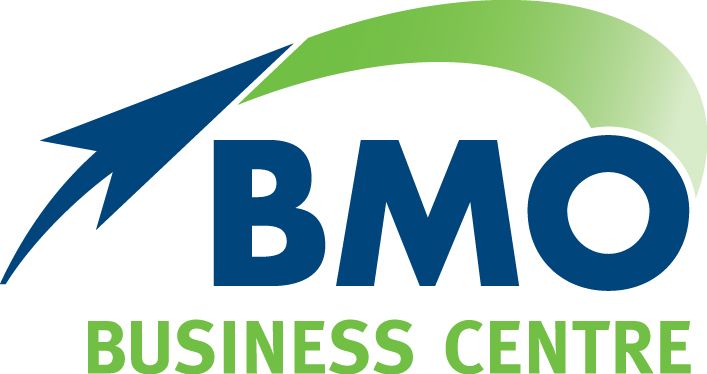Are you ready for Single Touch Payroll?
If you haven’t heard about the introduction of Single Touch Payroll (STP) for employers with less than 20 employees, it might be a good idea to keep reading, as this new system represents a big challenge for many small businesses.
With an estimated 730,000 employers required to begin electronically reporting their payroll information directly to the ATO from 1 July 2019, lots of small business operators need to get their head around STP, and quickly.
What STP means for small employers
Sometimes called real-time payroll reporting, STP involves sending tax and super information to the ATO directly from your payroll or accounting software each time you pay your employees.
STP has been in place for employers with 20 or more employees since 1 July 2018, but is now being extended to smaller employers. It means every time you run your payroll and pay your employees, salary information such as wages, deductions, allowances and super will be forwarded to the ATO.
Although this information will cover your year-to-date payment amounts, when you pay your employees (weekly, fortnightly or monthly) does not need to change.
Employers will also no longer need to provide employees with a payment summary document for payments reported through STP, as the ATO will make this information available to employees through the myGov portal.
Digital payroll makes things easy
If you already pay your employees using a digital solution like MYOB, Xero, QuickBooks, Etc, moving to STP reporting should be simple, as most software packages now offer STP reporting.
For employers not using digital payroll packages, the ATO has said it will not force businesses to purchase one, but it will be tricky – and time-consuming – to comply if you remain with a manual system. The regulator is encouraging small businesses to recognise the ongoing shift to digital solutions occurring throughout the business world.
Micro-employers (four or fewer employees) will be permitted by the ATO to comply with STP reporting quarterly for the first few years but will eventually move to reporting each pay cycle.
Hints for getting STP ready
For smaller employers, the key step in preparing for STP is deciding how you will report an STP pay event to the ATO. If you do not currently use a digital payroll solution offering STP reporting, the ATO has compiled a list of low-cost (less than $10 per month) STP software providers suitable for micro-employers.
Alternatively, you can also ask us or a payroll service provider to report to the ATO on your behalf.
STP reports will need to be submitted to the ATO on an approved form and an authorised person needs to declare the information is true and correct. This is similar to the declaration on the current quarterly BAS form.
Before you start reporting through STP, it is essential to review your business’s current payroll processes. This means cleaning up any anomalies in the data and checking the accuracy of employee information such as name, address and date of birth.
You should also check you are addressing any employee overpayments and calculating pay entitlements correctly. Super entitlements for your employees should also be checked.
Call soon to avoid the rush
It’s important to talk to us early about how you plan to comply with the STP requirements and any changes you need to make to existing business processes. With the new requirements applying from 1 July, tax professionals will be very busy, so start planning for the changes as soon as possible.
Employers also need to ensure they complete a finalisation declaration at the end of each financial year or your STP information will not be tax-ready. STP information will be pre-filled into the myTax system for employees who prepare their own tax returns, so employers will need to ensure they complete all their paperwork promptly.
Call us today if you would like to discuss what your business needs to do to get ready for STP, or for assistance in selecting a digital payroll solution.
The post Are you ready for Single Touch Payroll? appeared first on BMO Accountants.


